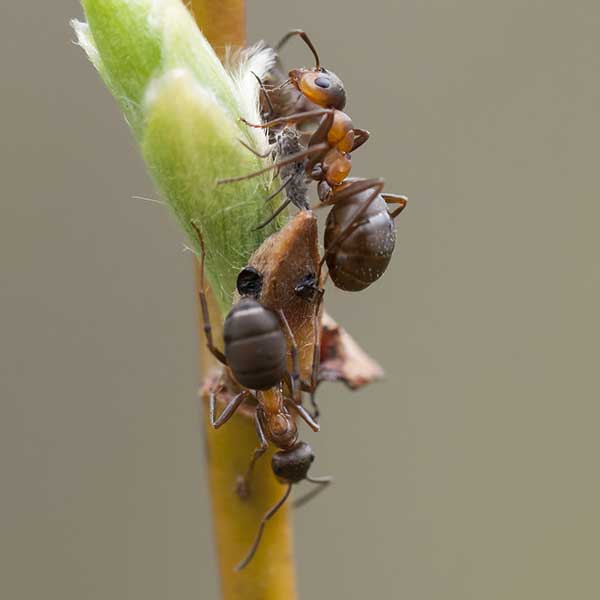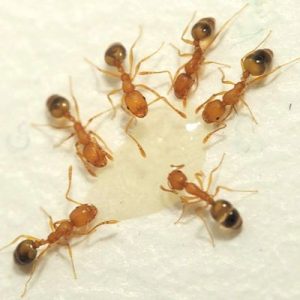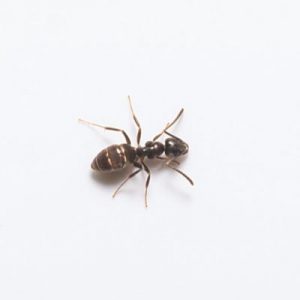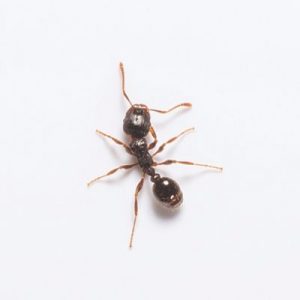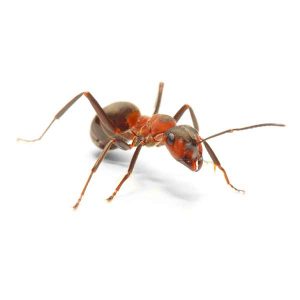Description
Velvety Tree Ants in Spokane, WA and Coeur d'Alene, ID
Velvety tree ants are wood-destroying ants common in the Pacific Northwest. These ants have a single node and have colonies with multiple queens. They get their “velvety” name because their abdomens are covered with numerous hairs, giving them a smooth velvety appearance. The “tree ants” part of their name comes from the fact that most of these tiny pests make their nests in trees. When a velvety tree ant is crushed it will emit an unpleasant odor, a characteristic it shares with odorous house ants. Worker ants also produce odors when their colony is disturbed. Because of their appearance and close association with lumber, velvety tree ants are also commonly misidentified as carpenter ants.
Velvety Tree Ant Habitat
In their natural habitat, velvety tree ants tend to construct nests in the soil, under rocks, under timber, or within trees. Depending on the location, velvety tree ants nest in sycamore trees, oak trees, cottonwood trees, and pine trees. In buildings, velvety tree ant infestations resemble carpenter ant infestations, so their frass can be a diagnostic tool to help differentiate the two. Being omnivores, velvety tree ants feed on a wide range of materials, including protein and sugary substances.
Velvety Tree Ants Behaviors, Threats, or Dangers
Velvety tree ants are aggressive. They will attack and spray intruders with secretions that resemble odorous house ants. Homeowners who have velvety tree ant infestations often complain about strong odors produced by the tiny pests. These ants are wood chewing machines and are quite fond of insulation and moist areas. Velvety tree ants also construct nests within wall voids of homes. If a velvety tree ant infestation is suspected, it is recommended to contact a professional ant exterminator.
Need help with Velvety Tree Ant control?
We'll call you! Leave your information below.

